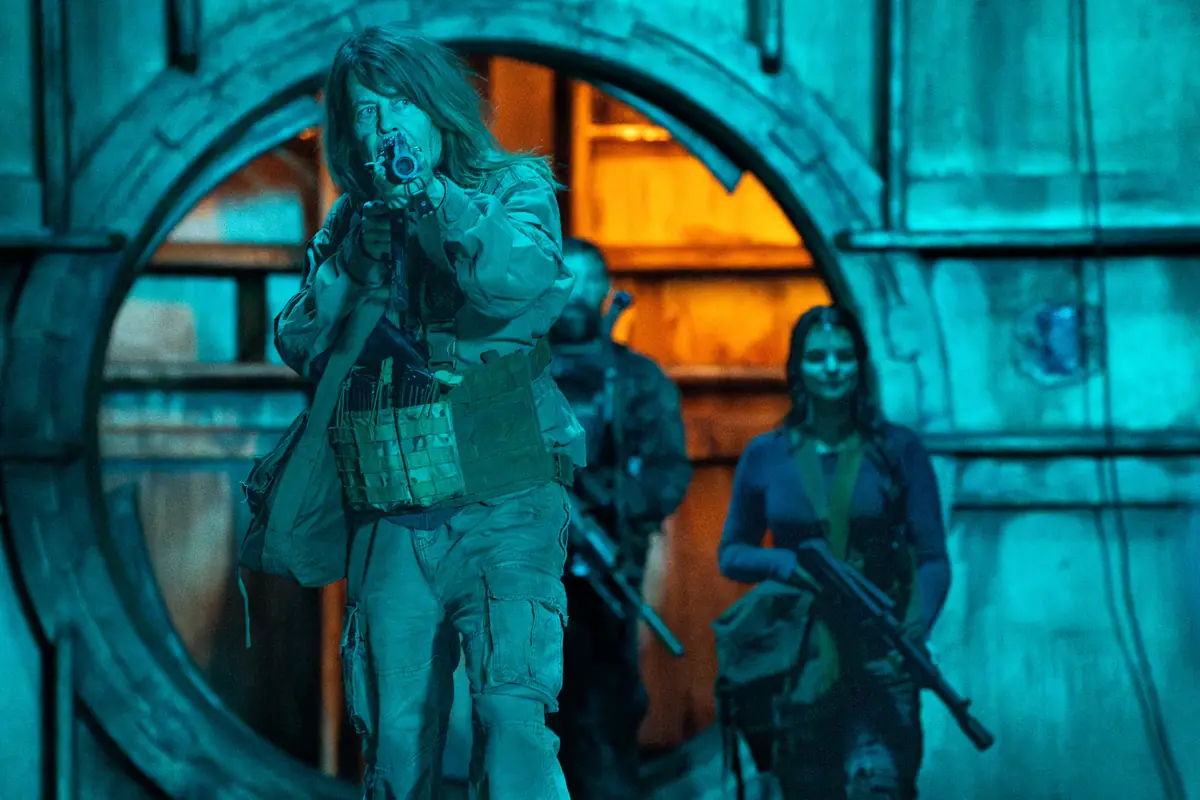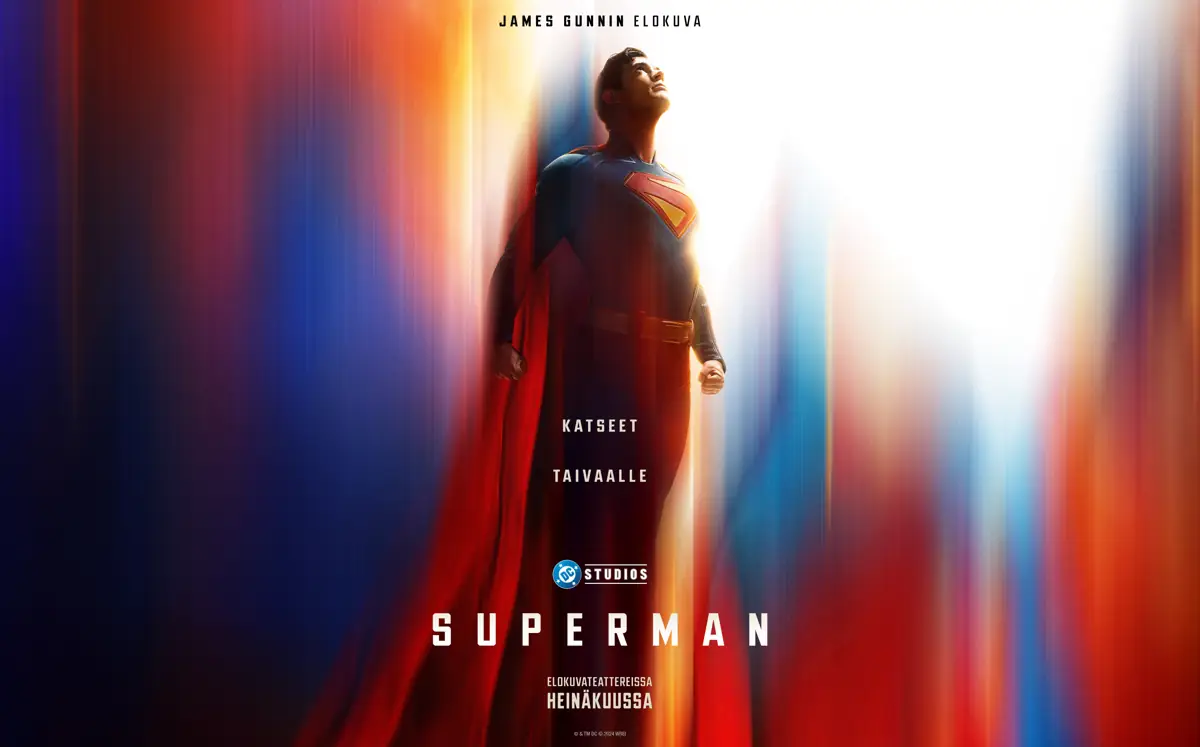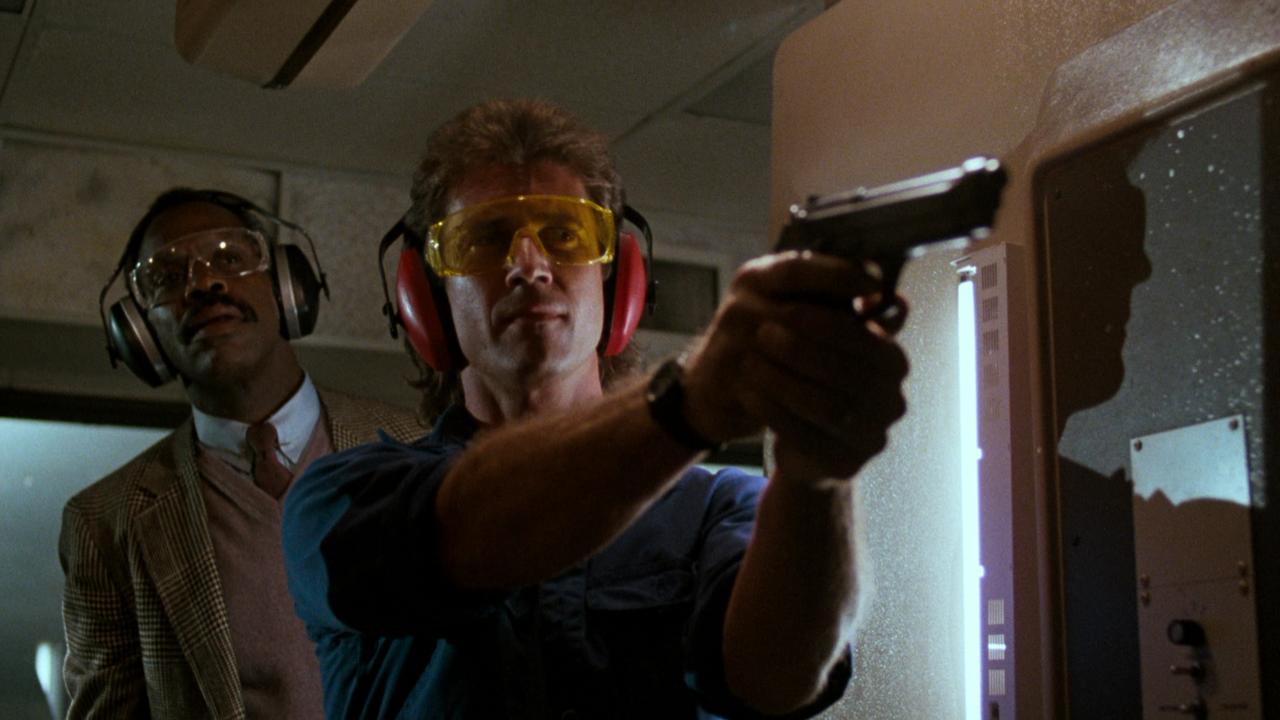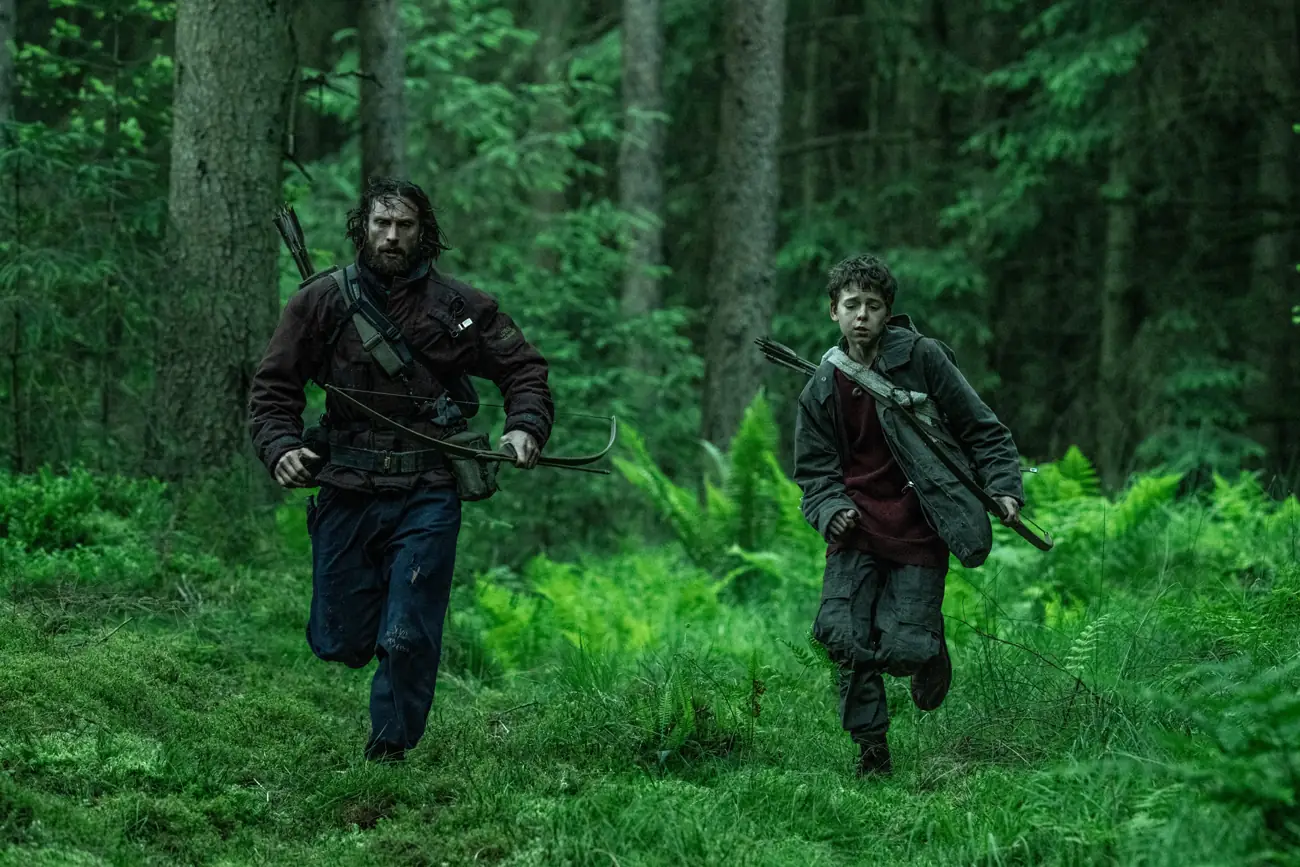From the 1960s to the 80s, the Polish community security services spied on and recorded every aspect of ordinary life in the name of freedom. After the fall of the Soviet Union, the community disbanded and most of the recorded footage, including testimonies and documentation, was destroyed. What survived was diligently catalogued and preserved in the Polish memorial archives as a reminder for future generations. That material is used by documentarian Tomasz Wolski to create a moment in time of a world which lingers to this day. The footage is a series of seemingly unconnected events, yet Wolski’s insightful and witty editing creates a compelling narrative nonetheless. People come and go about their days, always watched and scrutinized. It’s an Orwellian nightmare fit for any conspiracy thriller, made all the more horrific by constant realization that none of this is staged.
There’s terrible beauty in at once marveling footage of a world gone by and quickly realizing that such material has only survived because it is a stolen glance in the first place.
Everything begins innocently enough as people call one another about their immediate shopping needs, inquiries about their wellbeing, or general chatter about daily affairs. The repetition is intoxicatingly mundane as people come and go with their small, ordinary lives. But out of the dinn patterns begin to emerge — or do they? Are we just imagining connections due to Wolki’s editing? Is there more than a good chance this is how the listeners felt? It’s impossible to say, but AN ORDINARY COUNTRY makes its point effectively and quickly. In the face of the ordinary, it requires imagination and desire to create things that are extraordinary.
Soon things begin to unravel; the listening zeroes in on minute details. A couple is followed into their tryst at a hotel. In an extremely uncomfortable moment, Wolski lets the sound of their lovemaking play on in the background for the duration. Before long we’re face to face with one of the voices we’ve spied on; a young woman, confronted in a sparsely furnished room, interrogated angrily by a bureaucrat convinced her shopping is a sign of aggression against the state. His questions are repetitive, only changing in tone to be more harsh. Her answers maintain a calm, distant aura, consistently rebuffing his anger. Like many things in the film, this too would feel absurd in any other situation. It has all the makings of a MONTY PYTHON skit, yet the implications of what could (and does) happen are too severe to ignore. Later we witness just how easily anything can be pinned on a victim, true or false.
Wolski’s documentary is filled with moments such as these; intensely human reminders of an inhumane act, all too quickly forgotten by history. In just under an hour, it captures a microcosm of banal evil in terrifying detail and accuracy; painting a portrait of a day, week, or a month in the life of surveillance. It entices the viewer in by appealing to our base desire of voyeurism, making us complicit in whatever happens next. In an age of endless sharing and desperation to be noticed, AN ORDINARY COUNTRY is an indispensable document about the necessity and power of privacy.













Discussion